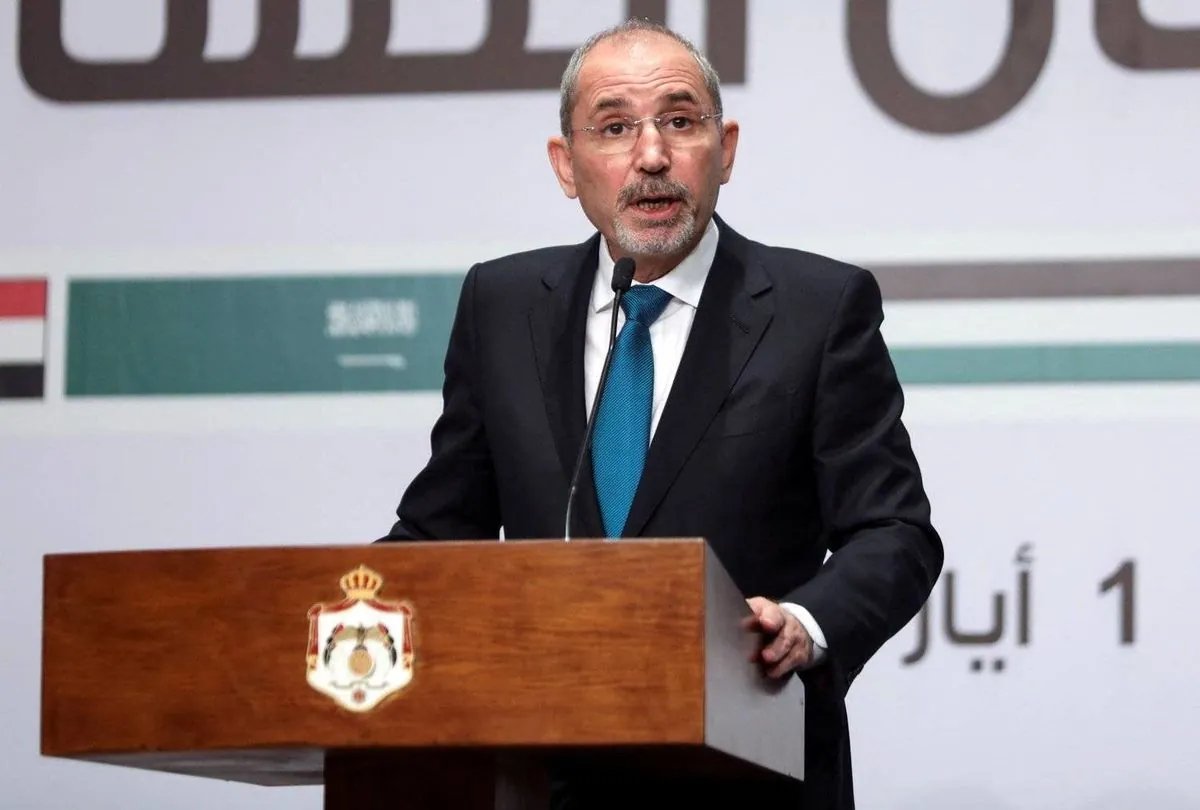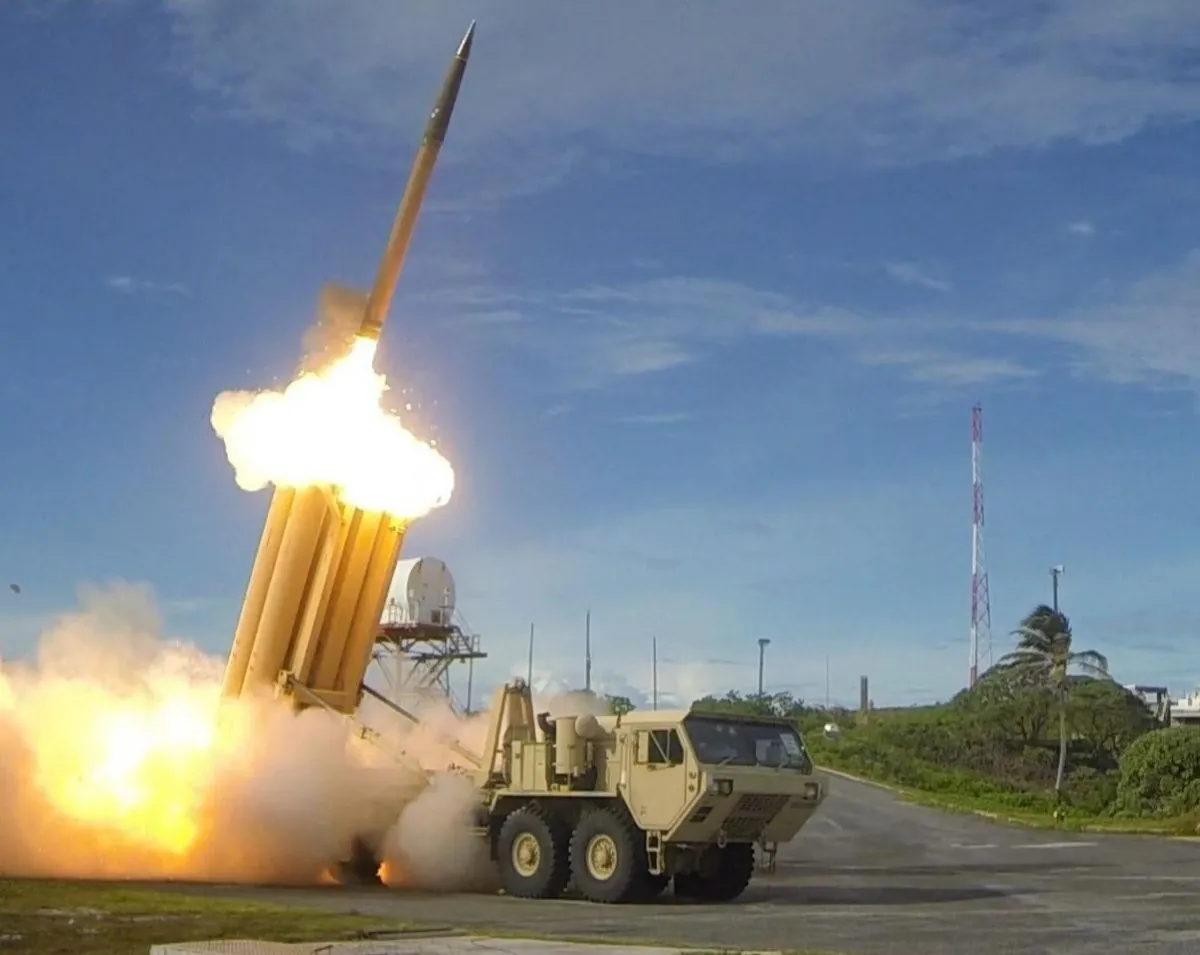Jordan Vows to Protect Airspace Amid Regional Tensions
Jordan's Foreign Minister affirms the country's stance against becoming a battleground for Iran or Israel. The statement comes amid rising concerns of potential regional conflict escalation.

In a recent statement, Ayman Safadi, Jordan's Foreign Minister, has firmly declared the kingdom's position amidst escalating regional tensions. Speaking to Saudi-owned Al Arabiya TV, Safadi emphasized Jordan's commitment to maintaining its neutrality and protecting its airspace from potential threats.
"We will not be a battlefield for Iran or Israel. We informed the Iranians and the Israelis that we will not allow anyone to violate our airspace and risk the safety of our citizens."
This declaration comes at a critical time, as the Middle East braces for potential retaliatory actions following recent high-profile assassinations. Jordan, strategically located between Iran and Israel, has found itself in a delicate position amidst these rising tensions.
The kingdom's stance reflects its long-standing role as a mediator in regional conflicts. Jordan has been a key U.S. ally in the Middle East for decades and maintains a peace treaty with Israel, signed in 1994. Despite these alliances, the country has consistently worked to balance its relationships with various regional powers.
Safadi's statement also highlights Jordan's previous experiences with regional conflicts spilling over its borders. In April 2024, the country intercepted flying objects that entered its airspace during Iran's retaliatory attack against Israel. This incident underscored the potential risks Jordan faces due to its geographical location.

Jordan's commitment to protecting its airspace is not merely a defensive measure but also a reflection of its broader foreign policy. The country has faced numerous challenges from regional conflicts, including the Syrian Civil War, and has played a crucial role in hosting a large Palestinian refugee population. These factors have contributed to Jordan's cautious approach to regional tensions.
The recent assassinations of Ismail Haniyeh, the political leader of Hamas, in Tehran on July 31, 2024, and Fuad Shukr, Hezbollah's top military commander, in Beirut shortly before, have heightened concerns about a potential escalation of the conflict between Israel and Hamas in the Gaza Strip into a wider Middle East conflict.
Jordan's stance is particularly significant given its limited natural resources and economic challenges. The country heavily relies on foreign aid and tourism, making stability crucial for its economic well-being. Jordan has implemented economic reforms to address unemployment and debt, further emphasizing the importance of avoiding involvement in regional conflicts.
As tensions continue to simmer, Jordan's role as a stabilizing force in the region becomes increasingly important. The country's diverse population, including various ethnic and religious groups, and its custodianship of holy sites in Jerusalem, add layers of complexity to its regional position.
In conclusion, Jordan's firm stance on protecting its airspace and avoiding involvement in conflicts between Iran and Israel reflects its commitment to maintaining stability and security in a volatile region. As the situation develops, the international community will be closely watching Jordan's actions and their potential impact on the broader Middle East landscape.


































